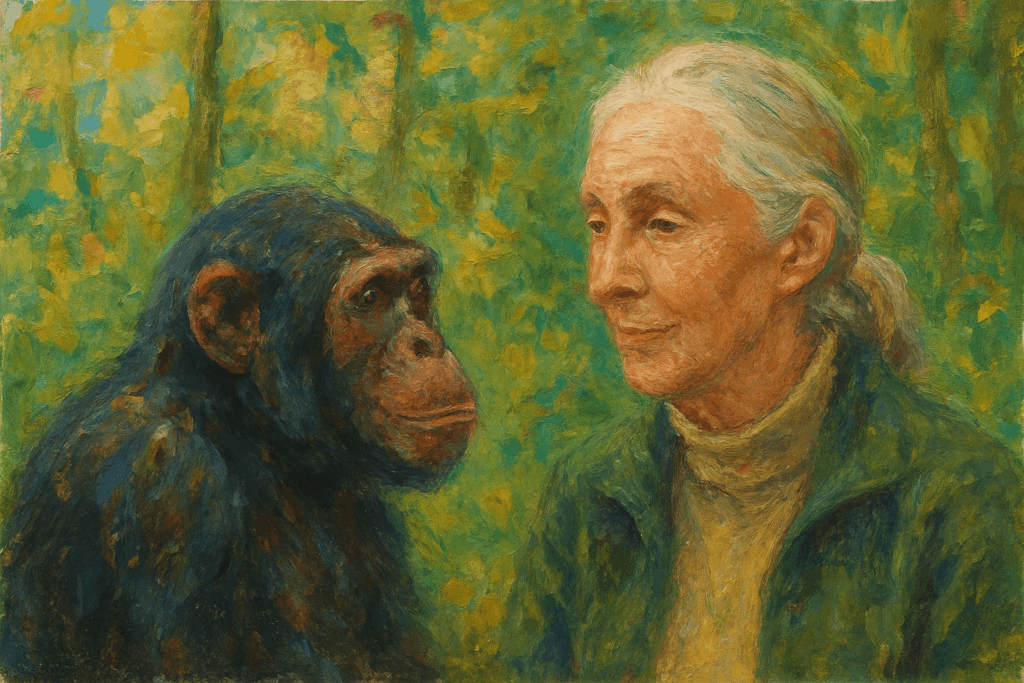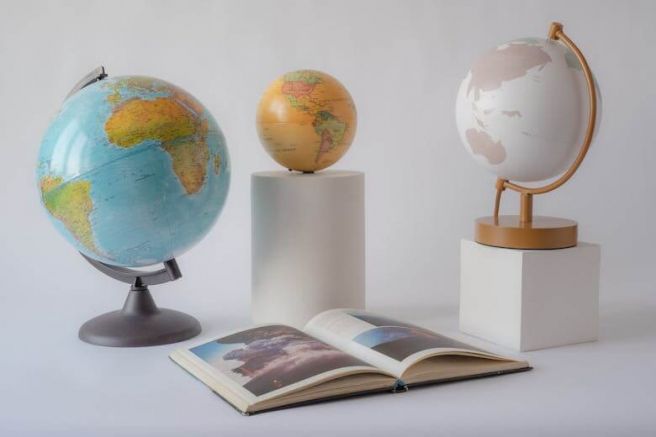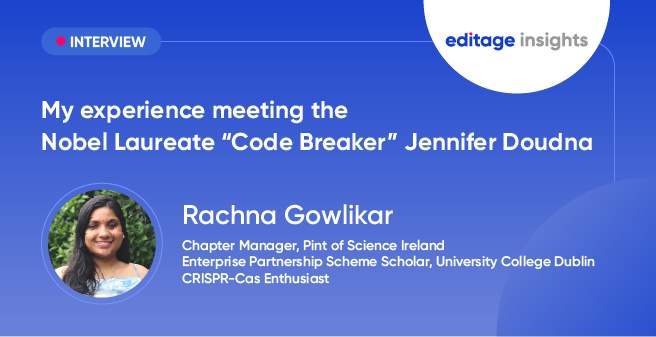Torchbearers of Science: Women Nobel Laureates in Chemistry since 2000

Did you know that only eight women have won the Nobel Prize in Chemistry ever since it was first awarded in 1901? The first woman laureate was Marie Curie in 1911. Of these eight Nobel laureates, five received their awards since 2000, and three within the last three years. Here’s a glimpse of their incredible achievements:
Ada E. Yonath: 2009
- Born June 22, 1939, in in Jerusalem, Israel
- Studied chemistry at Hebrew University in Jerusalem; earned a PhD from the Weizmann Institute of Science in Rehovot, Israel, the institution with which she was affiliated when she won the Nobel Prize.
The Nobel Prize in Chemistry 2009 was awarded jointly to Venkatraman Ramakrishnan, Thomas A. Steitz, and Ada E. Yonath “for studies of the structure and function of the ribosome.”1 Ribosomes are tiny particles made of RNA and protein that exist in large numbers in all cells. Their job is to synthesize polypeptides and proteins from amino acids based on information in the genetic code contained in the messenger RNA. Working with other researchers, Yonath successfully mapped the structure of ribosomes in 2000 using X-ray crystallography techniques. The most important and concrete application of Yonath’s work on ribosomes has been the development of new antibiotics that can combat the increasing antibiotic resistance of bacteria.
Frances H. Arnold: 2018
- Born July 25, 1956, in Pittsburg, Pennsylvania
- Earned a bachelor’s degree in mechanical and aerospace engineering from Princeton University and a doctorate in chemical engineering from the University of California, Berkeley.
- Arrived at the California Institute of Technology in 1987, the institution with which she was affiliated when she won the Nobel Prize.
The 2018 Nobel Prize in chemistry was divided, with one half awarded to Frances H. Arnold “for the directed evolution of enzymes.”2 Arnold used the principles of evolution to change enzymes so that they would catalyze chemical reactions that they never had before. She changed the enzymes by randomly introducing mutations and placing those enzymes into a different environment. The enzymes that better performed the desired function were then used to repeat the process. Through iterations, the enzymes evolved and were further optimized. Arnold has founded two companies that use this technology to find solutions to environmental problems: renewable fuel and safe methods of protecting crops from insects. Her work is also being used to manufacture environmentally friendly chemicals and pharmaceuticals.
Jennifer A. Doudna: 2020
- Born February 19, 1964, in Washington, DC
- Earned a bachelor’s degree in biochemistry from Pomona College in Claremont, California and a PhD in biological chemistry and molecular pharmacology from Harvard Medical School
- Joined the University of California, Berkeley in 2002, the institution with which she was affiliated when she won the Nobel Prize.
The Nobel Prize in Chemistry 2020 was awarded jointly to Emmanuelle Charpentier and Jennifer A. Doudna “for the development of a method for genome editing.”3 This is the only Nobel Prize in science ever to be given to two women only. Doudna and Charpentier developed a method of gene editing, called the CRISPR/Cas9 genetic scissors, that makes the genome editing process faster, more accurate, cheaper, and easier to perform. This technology has been one of the most beneficial and controversial developments in scientific history. The CRISPR/Cas9 genetic scissors continues to lead to new advances in, among other applications, producing better crops and fighting cancer and genetic diseases.
Emmanuelle Charpentier: 2020
- Born in Juvisy-sur-Orge, France on December 11, 1968
- Studied biochemistry, microbiology, and genetics at the Pierre and Marie Curie University, where she earned a doctorate in microbiology
- Joined the Max Planck Unit for the Science of Pathogens, Berlin, Germany in 2017, the institution with which she was affiliated when she won the Nobel Prize.
As mentioned earlier, the Nobel Prize in Chemistry 2020 was awarded jointly to Emmanuelle Charpentier and Jennifer A. Doudna for developing the CRISPR/Cas9 genetic scissors.4 In 2013, Charpentier co-founded a leading gene editing company, CRISPER Therapeutics, that uses the method she created with Doudna to develop gene-based medicines for serious diseases.
Carolyn R. Bertozzi: 2022
- Born October 10, 1966, in Boston, Massachusetts
- Earned a bachelor’s degree in chemistry from Harvard University and a doctorate in chemistry from the University of California, Berkeley.
- Became a professor of chemistry at Stanford University in 2015, the institution with which she was affiliated when she won the Nobel Prize.
The Nobel Prize in Chemistry 2022 was awarded jointly to Carolyn R. Bertozzi, Morten Meldal, and K. Barry Sharpless “for the development of click chemistry and bioorthogonal chemistry.”5 Click chemistry refers to a group of organic reactions that are fast and versatile and result in selective and high-yield products. Bertozzi pioneered the use of these reactions in living organisms, called biorthogonal chemistry, which take place without disrupting the normal chemistry of the cell. This technology is now being used to study biological processes, develop new drugs and lower-cost medical tests, and improve the targeting of cancer pharmaceuticals.
References
1. Ada E. Yonath – Facts. NobelPrize.org. Nobel Prize Outreach AB 2023. Mon. 2 Jan 2023. https://www.nobelprize.org/prizes/chemistry/2009/yonath/facts/
2. Frances H. Arnold – Facts – 2018. NobelPrize.org. Nobel Prize Outreach AB 2023. Mon. 2 Jan 2023. https://www.nobelprize.org/prizes/chemistry/2018/arnold/facts/
3. Jennifer A. Doudna – Facts – 2020. NobelPrize.org. Nobel Prize Outreach AB 202 Sun. 1 Jan 2023. https://www.nobelprize.org/prizes/chemistry/2020/doudna/facts/
4. Emmanuelle Charpentier – Facts – 2020. NobelPrize.org. Nobel Prize Outreach AB 2023. Mon. 2 Jan 2023. https://www.nobelprize.org/prizes/chemistry/2020/charpentier/facts/
5. Carolyn Bertozzi – Facts – 2022. NobelPrize.org. Nobel Prize Outreach AB 2023. Mon. 2 Jan 2023. https://www.nobelprize.org/prizes/chemistry/2022/bertozzi/facts/






